Search

News & Events
The Kids welcomes support for autistic studentsThe Kids Research Institute Australia has welcomed the recommendations to come out of the State Government’s inquiry into support for autistic children and young people in schools, released last week.
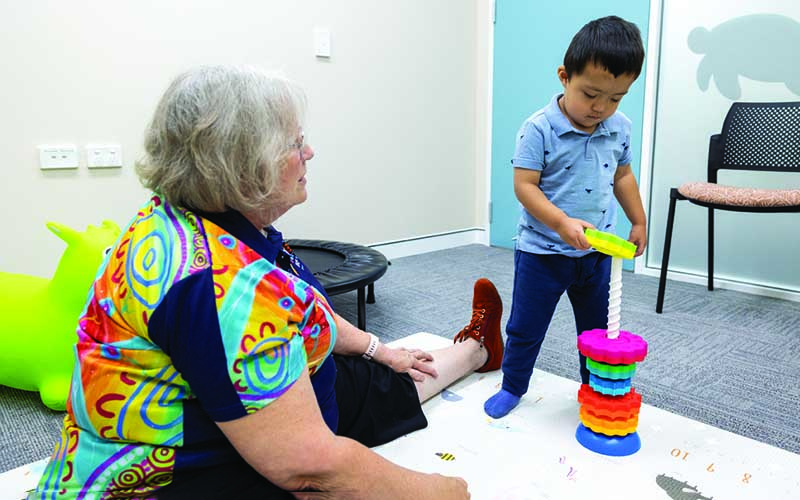
Discover how this family is benefitting from CliniKids' evidence-based therapies.

News & Events
Speech Pathology Week at The KidsWe’re currently celebrating Speech Pathology Week at The Kids!
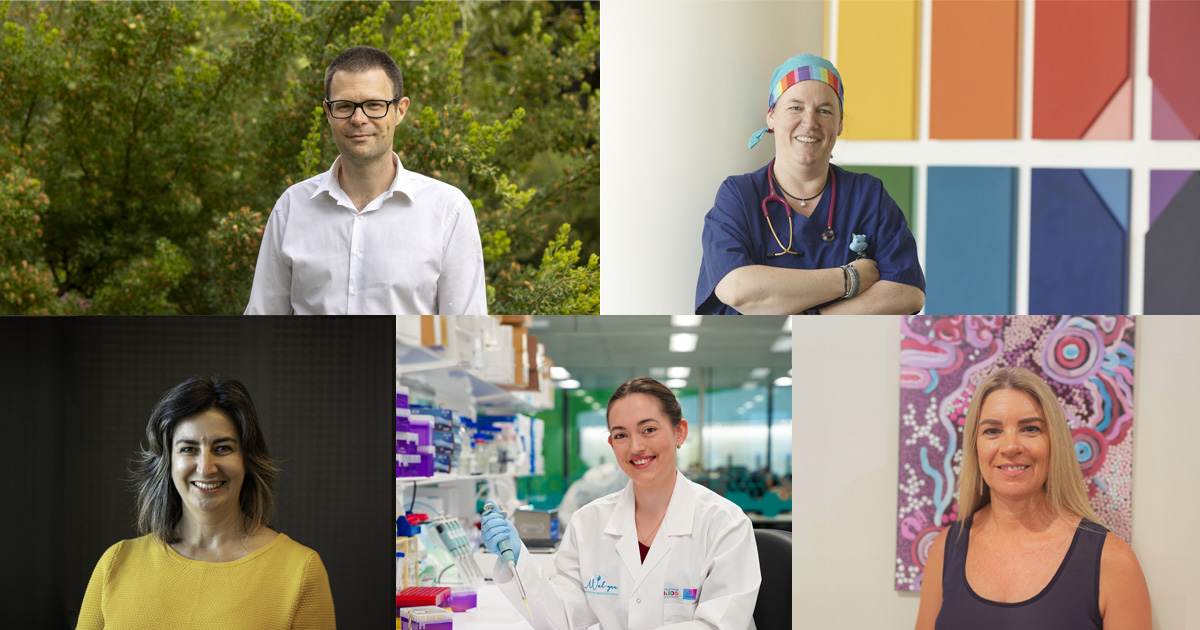
News & Events
The Kids researchers named as finalists in 2023 Premier’s Science AwardsFive The Kids Research Institute Australia researchers working across diverse and highly impactful areas of child health research have been named as finalists for the 2023 Premier’s Science Awards.

Inklings is a program to support babies aged 6-18 months showing early differences in their social interaction and communication development.
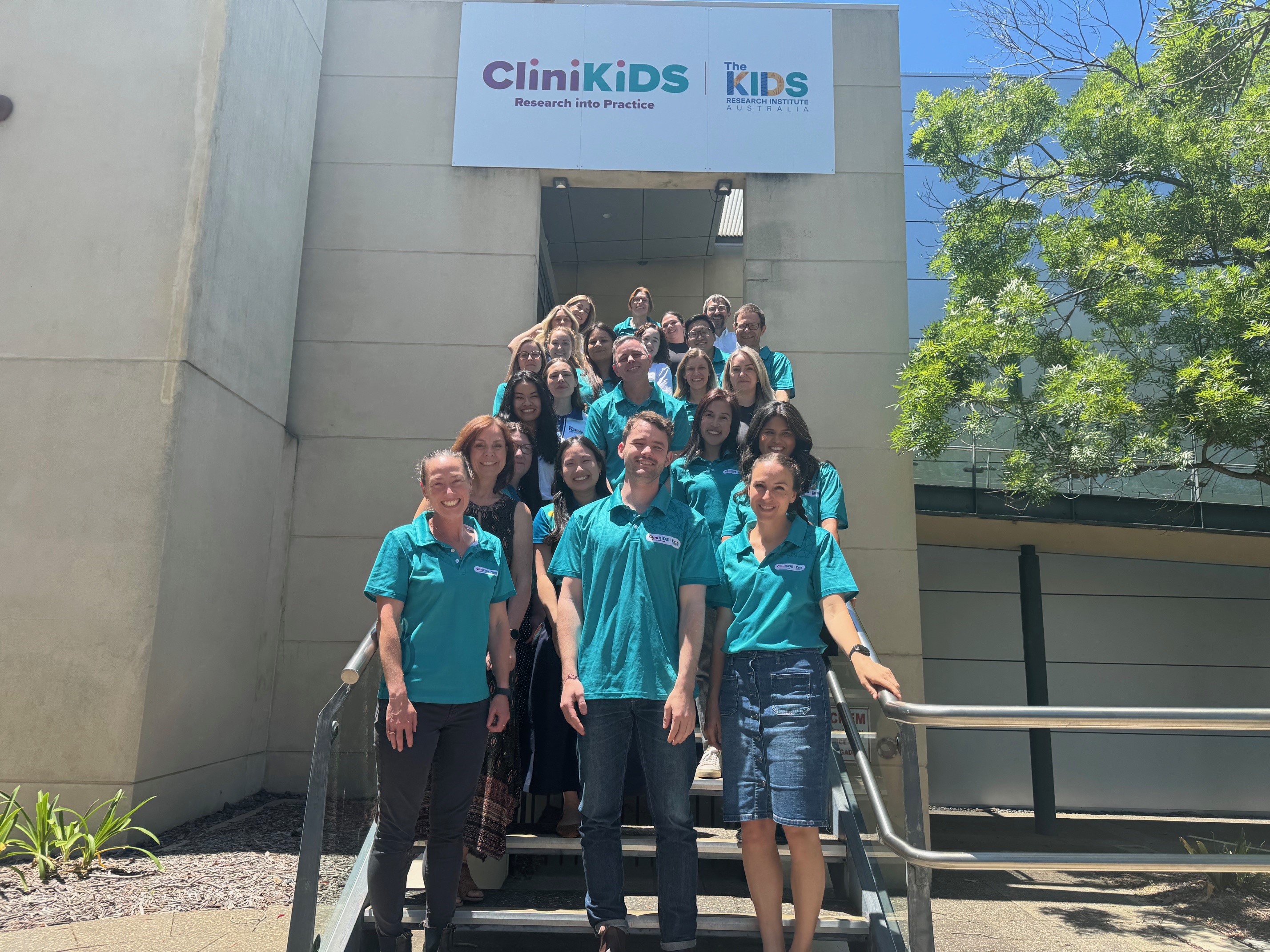
News & Events
Team update - December 2025Here is a rundown of staff movements within the clinical team including new faces, staff returning from parental leave and a colleague we soon will farewell for an exciting new adventure.
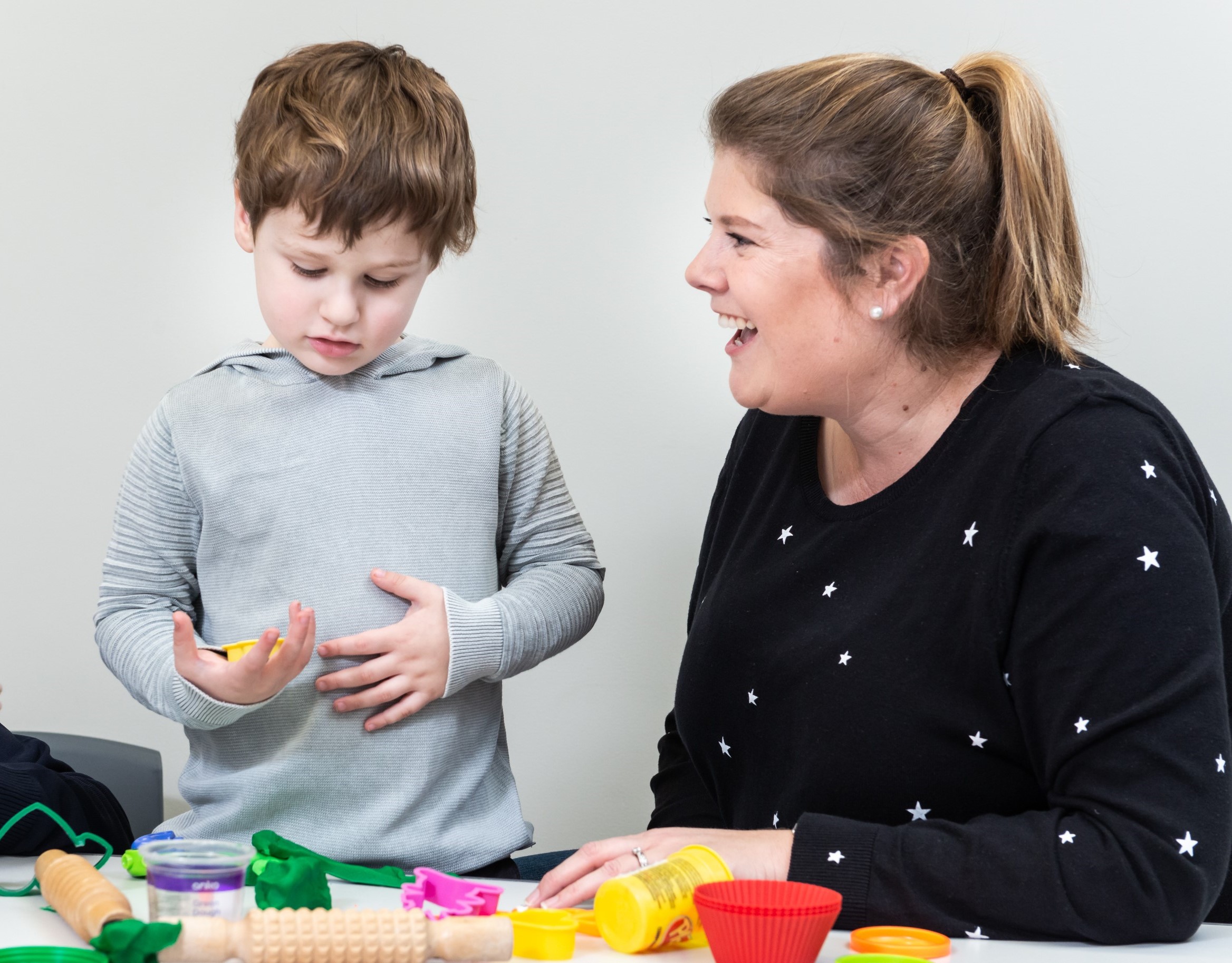
News & Events
Unpacking PACT - a program supporting child communicationIn this new blog, Senior Speech Pathologist and PACT therapist/trainer Sally Grauaug discusses the benefits of PACT, how it works and how clinicians become certified PACT therapists.
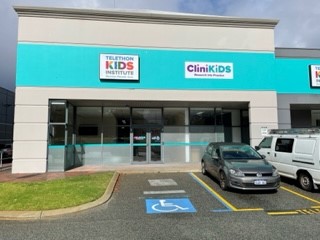
News & Events
Joondalup clinic open for Term 4We are excited to announce that our new Joondalup clinic will be open at the start of Term 4!


CliniKids runs a range of information sessions for parents and caregivers.
